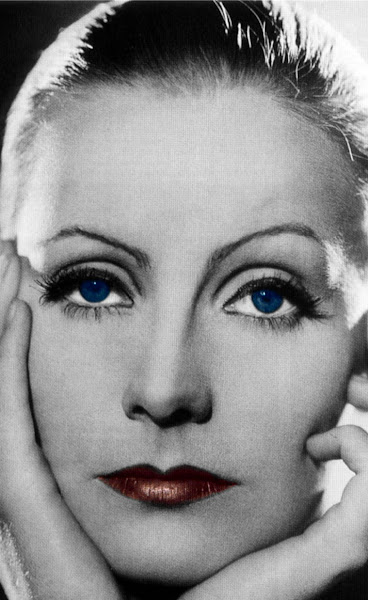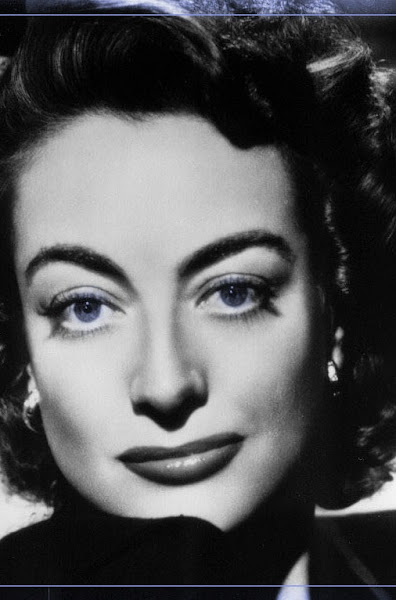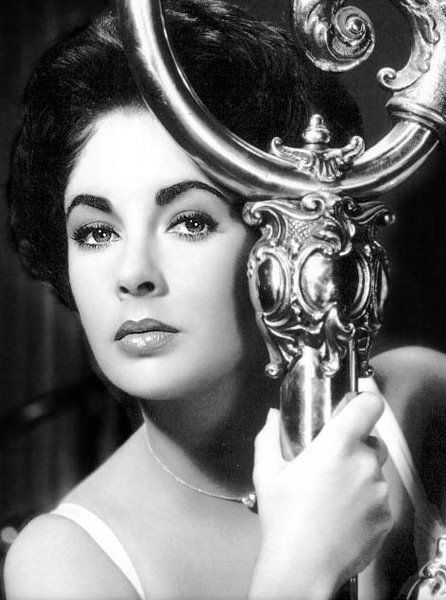
*As seen in the February 2010 issue of "Out & About" newspaper. To access it, click here.*
In keeping with the theme of love (or – as I will argue – lack thereof), I would like to reflect on the status of queer movies in America today.
We are now in the year 2010, but the most critically acclaimed gay film of the year is Tom Ford’s “A Single Man.” Are queers destined to be forever unhappy on the silver screen? How indebted do these modern films continue to be to pre-Stonewall discourse about how miserable gays and lesbians are and should be?
Through queer film history, there have been blips of happy endings (albeit none before the complete demise of the Hays Code in 1968). Two of the few films with happy (or at least seemingly happy) endings that I can think of include “A Very Natural Thing” (1973) and “Parting Glances” (1986) (reviewed in last month’s issue of this very publication). Otherwise, the typical GLBTQ film (the examples are too many) concludes with at least one protagonist’s death (murder or suicide), social or self-condemnation, and/or a sense of general melancholy.
So what is a queer to do? Despite the growing number of GLBTQ films circulating these days and the resounding critical acclaim many mainstream ones muster, the subject material is perpetually influenced by historical treatments of gays and lesbians. This means that while heterosexuals will be treated to saccharine romance films that studios churn out at this time of year every year, queers are stuck with “romances” that end in tragedy time and time again. For example (with spoilers), in 2005 Heath Ledger and Jake Gyllenhaal shared the love that dared not speak its name in “Brokeback Mountain” until Gyllenhaal’s unfortunate demise to a tire iron. In 2008, Sean Penn had several partners in “Milk,” including those played by James Franco and Diego Luna – until one left him and the other hanged himself. And this was all before Penn as Milk met his fate at gunpoint. Finally, at the present, “A Single Man” enters theaters and not only do queers lose out on another potentially happy film in the canon, but they get to watch lonely Colin Firth as he miserably desires suicide after the death of his life partner.
Will the GLBTQ community ever see a happy gay film? It seems that the problem lies in not just film narratives’ perpetual lodgings in pre-Stonewall ideologies, but more importantly in their passive acceptance of the most miserable aspects of our history. After all, “Brokeback Mountain” is set in conservative 1960s Wyoming, “A Single Man” is also set in the 1960s, and the famous story of Harvey Milk is set in the throes of 1970s gay liberation (and the strong conservative resistance to it).
I believe that it would be a terrible idea for queers to forget their history, but can we consider not adapting Gore Vidal’s “The City and the Pillar” (originally published in 1947)? Instead, we might finally have a film concerning gay protagonists who are not miserable, suicidal, or threatened but are absolutely and irrevocably happy and in love. When will there be a time that such a gay film appears in the mainstream public consciousness?
Unfortunately, I can only wonder at this point. I know that the answer will only come when the public is not only ready and willing – but also ready to set aside the past to document the future.
February 19, 2010
Random Musing: Modern Queer Movies and the Search for a Happy Ending
Labels:
GLBTQ cinema,
random musings
Subscribe to:
Post Comments (Atom)

.jpg)

.jpg)
.jpg)

No comments:
Post a Comment